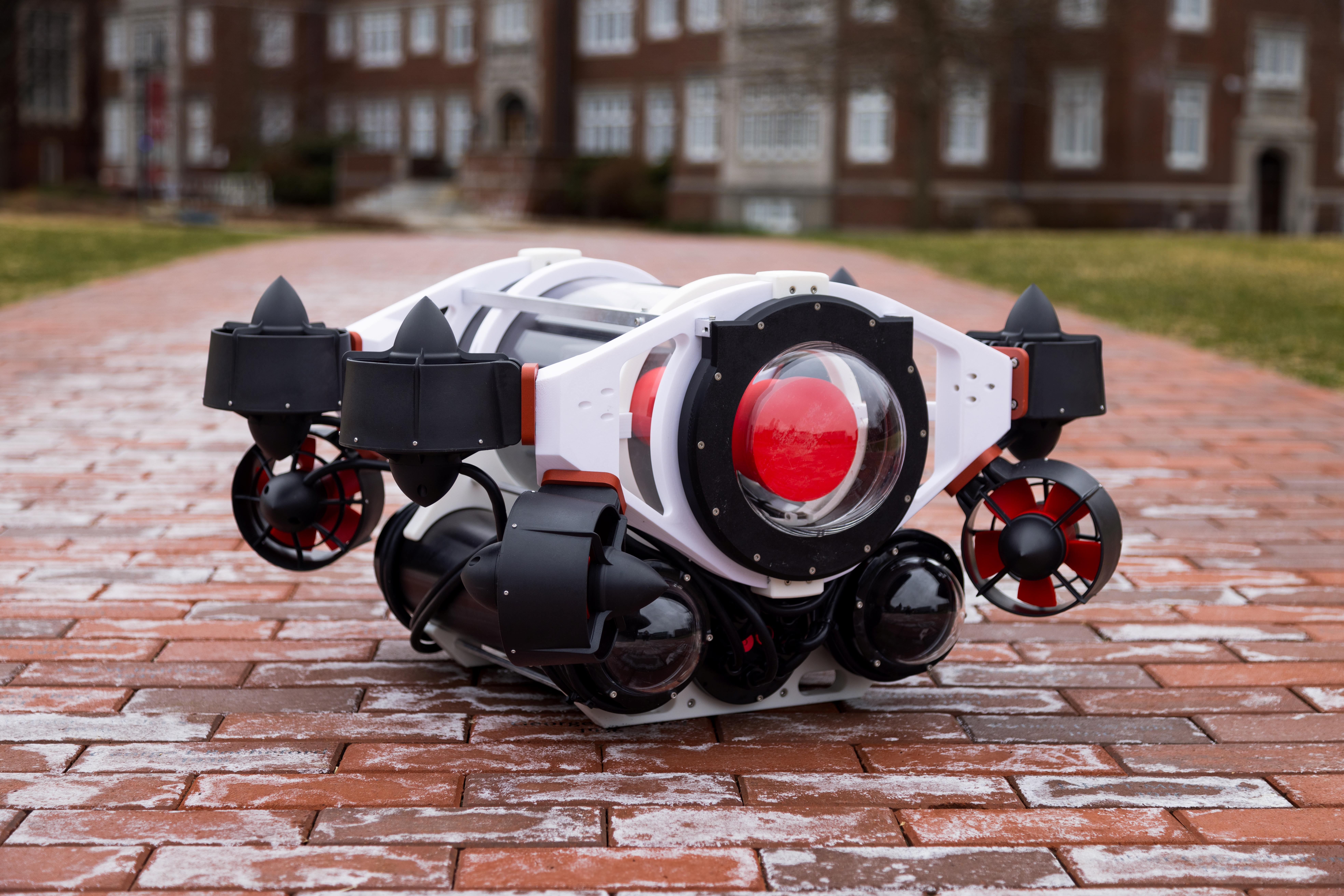Major Qualifying Project
With a Major Qualifying Project (MQP), Robotics Engineering students have the chance to perform a professional-level hands-on project in their senior year that strengthens their skill set, gives them the opportunity to work in a dynamic team, and offers them a chance to make contributions that make an immediate impact. This required project combines research, integrative development, and application projects.
Through the MQP, WPI students use their skills in actual settings typical of those found in the student’s professional discipline. With teams of other like-minded and passionate students, students develop the kind of real-world problem solving skills that will soon characterize their professional careers and have an opportunity to make an immediate impact. The MQP requires a substantial part of an academic year, culminating in a project report and poster on Undergraduate Research Projects Showcase.
